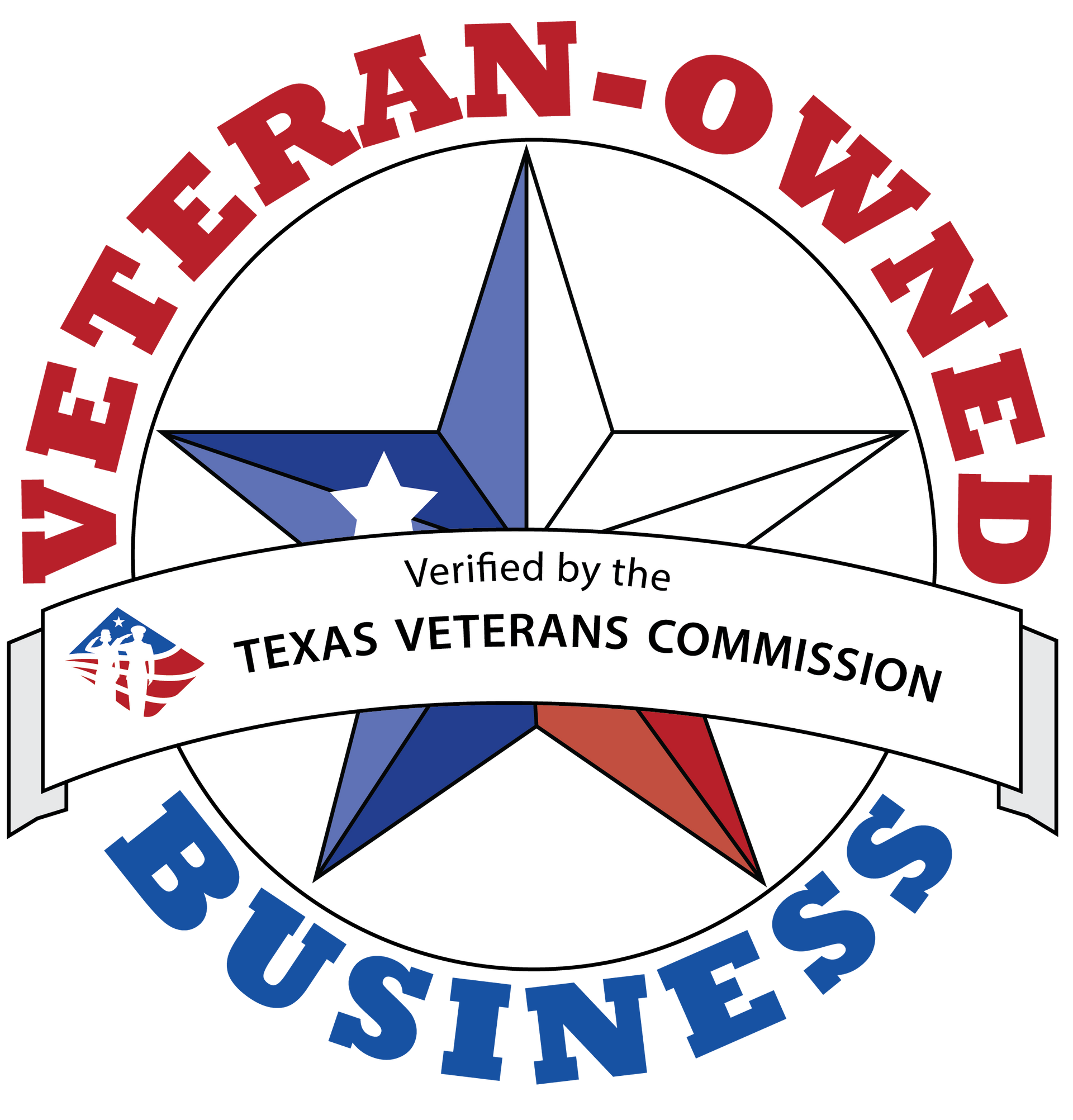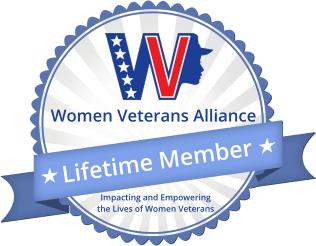The Ongoing Military Spouse Employment Challenges & The Change Being Brought About
This is a subtitle for your new post

Since 1984 when President Ronald Reagan issued the first proclamation for a day dedicated to military spouses, the Friday before Mother’s Day has served as the day we honor the contributions and sacrifices made military spouses. We recognize Military Spouse Appreciation Day because of their commitment and support in keeping our country safe.
To discuss the employment issues military spouses face further, we spoke with Libby Jamison and Josie Beets, co-founders of MissionLicense, which aims to help all professionals dealing with occupational licensing barriers, these services are particularly valuable to military spouses seeking to continue in a regulated occupation after a relocation to a new jurisdiction.
Libby Jamison is an attorney and a Navy spouse. She’s lived in Washington, California, Florida, Rhode Island, Virginia, and now California again. Four of those moves happened in six years, so she’s felt the impact of her husband’s career on her own professional ambitions, especially with the requirement for a new bar license in each state. Josie Beets is an Army spouse who has been stationed at Fort Polk, Fort Campbell and Fort Belvoir. She is also an attorney who has faced career obstacles due to licensing restrictions.
They have both been personally challenged by the multiple moves that military spouses face and have also benefited from programs that support military spouses in professional careers. Because of the upheaval in their professional careers due to moves, they both reached out for support and found an incredible tribe of fellow military spouses dedicated to changing the rules. They have been particularly active in efforts to improve the occupational licensing landscape for military spouses.
When asked about what hurdles military spouses face today, both Libby and Josie stated, “Military life can be incredibly rewarding -- being part of a family dedicated to serving the nation is an honor, and one we do not take lightly. But military life presents a ton of challenges. The single challenge that has been most disruptive to our careers is the repeated moves.” They go on to explain that military families can expect to move every 2 to 3 years. These moves are generally disruptive for careers, but even more so when your chosen profession requires a license where the requirements change from state to state and the cost and time associated with re-licensing can be prohibitive.
Libby and Josie explain that many of the challenges experienced by military spouses, including occupational licensing barriers, access to affordable childcare, and returning to the workplace after time away, are also experienced by our civilian counterparts as well. The hurdles are heightened for military spouses who often face these problems in remote locations, without family nearby for support, and with a spouse that is frequently absent for training and deployments. “We believe that our efforts to solve these problems for military families are important, not only for our military community, but for all Americans in the workforce dealing with similar challenges.”
There are many tools out there to help military spouses. For jobs and professional connections, Libby and Josie recommend Hiring our Heroes Military Spouse Professional Networks and the Military Spouse JD Network (MSJDN). Both offer peer and spouse connections that help you network and find a job at a new duty station. They also recommend the following:
Onward to Opportunity (From the Institute of Veterans and Military Families which offers free trainings for certification tests)
Department of Defense Military Spouse Employment Partnership
According to Libby and Josie, a lot of money and time has been put into helping military spouses navigate a difficult career environment. According to the DoD Demographics Survey, the spouse unemployment number remains largely unchanged from 2010 (26%) to 2017 (24%), despite significant investment in spouse employment programs by the DoD. At the same time, non-profit organizations like MSJDN have made progress in making a more work-friendly environment for spouses. But Libby and Josie point out that “While much progress has been made to bring attention to the issue, there is still work to be done when it comes to educating employers and removing employment barriers for military spouses as they transfer alongside their service members.”
We at Freedom Makers encourage you to learn more about programs that support military spouses, check out Libby and Josie’s MissionLicense and support military spouses through businesses like Freedom Makers.















